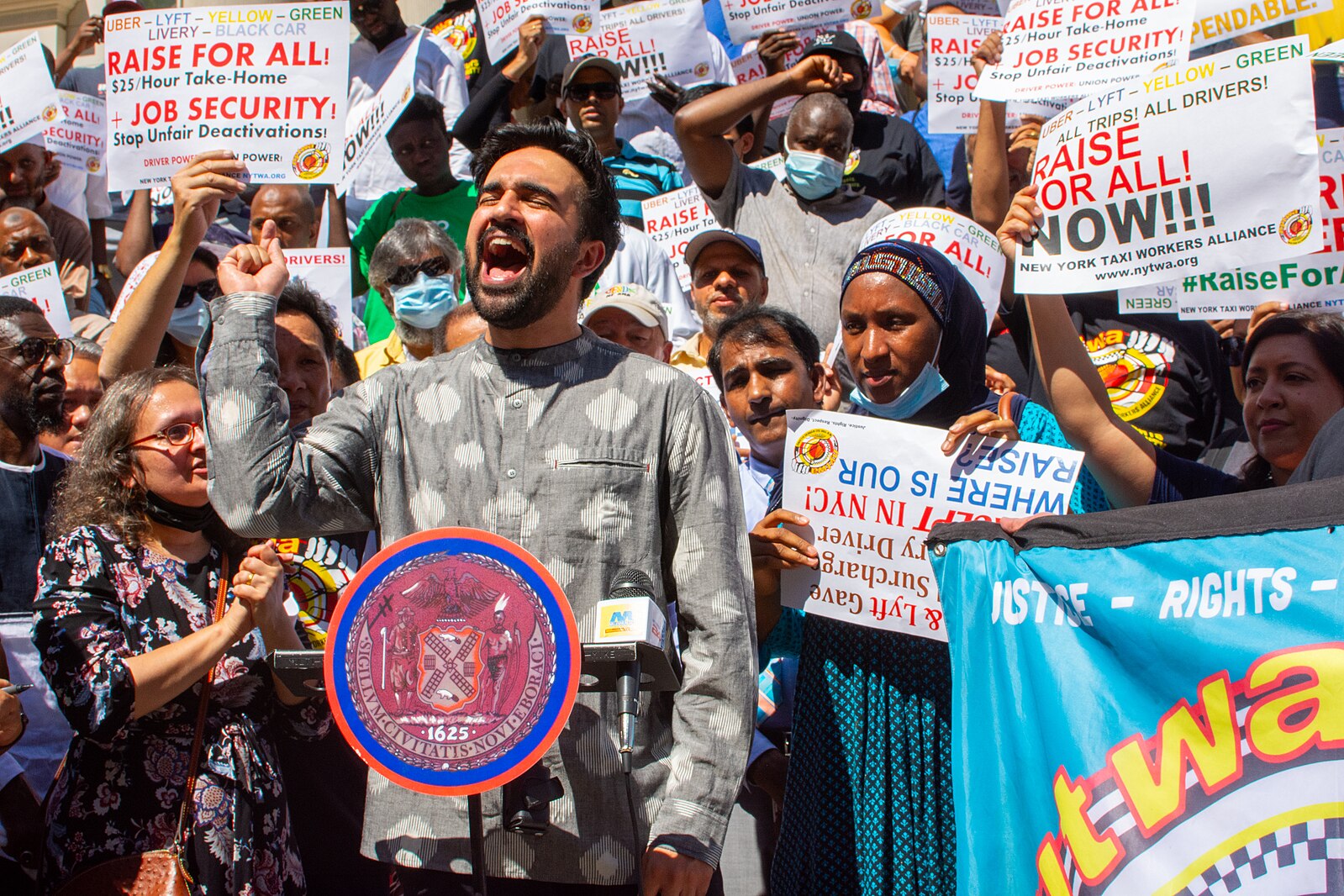Politics
Mamdani’s Vision for New York Confronts a Hard Fiscal Truth
By Jake Beardslee · November 6, 2025

Fiscal Reality Sets In
New York City Mayor-elect Zohran Mamdani’s sweeping campaign promises—free childcare and bus service, 200,000 new affordable housing units, and city-owned grocery stores—face an uphill climb against state budget constraints and political resistance. Mamdani, who defeated former Governor Andrew Cuomo with 50.4% of the vote, vowed to fund his progressive agenda by taxing corporations and the wealthy or increasing borrowing.
State Resistance to New Taxes
While Mamdani framed his victory as “a mandate for a city we can afford,” Governor Kathy Hochul has already ruled out broad tax hikes to finance new programs. “If you do it in its entirety in one year for New York City alone, it’s a $7 billion price tag,” Hochul warned in September, adding that expanding the program statewide would double that figure. Instead, she suggested a phased rollout for free childcare and limited investments in low-cost programs like free buses.
Mounting Fiscal Pressures
The state’s deficit—nearly quadruple last year’s—comes as federal cuts to food stamps and healthcare hit New York City especially hard, leaving a projected $5 billion shortfall in next year’s city budget. Mamdani’s proposals to raise income taxes on millionaires by two percentage points and increase the corporate tax rate to 11.5% could yield roughly $9 billion but risk driving businesses and high earners elsewhere.
Tax Debate and Democratic Dynamics
Despite the tension, Hochul may still embrace selective elements of Mamdani’s platform to shore up support from progressives and Lieutenant Governor Antonio Delgado’s faction ahead of a possible primary challenge. Analysts note that universal childcare—estimated to cost $14 billion annually—could emerge as a joint focus, potentially following the compromise model struck between Bill de Blasio and Andrew Cuomo in 2014.
Progressive Momentum and Future Outlook
“The Democratic base has become more progressive, and I think wants to see bigger ideas from their leaders,” said Basil Smikle, former head of the New York Democratic Party, according to Bloomberg. With a receptive legislature and mounting affordability pressures, Mamdani’s push for structural reforms could redefine the city’s political and fiscal direction—even if tempered by the realities of Albany’s balance sheet.